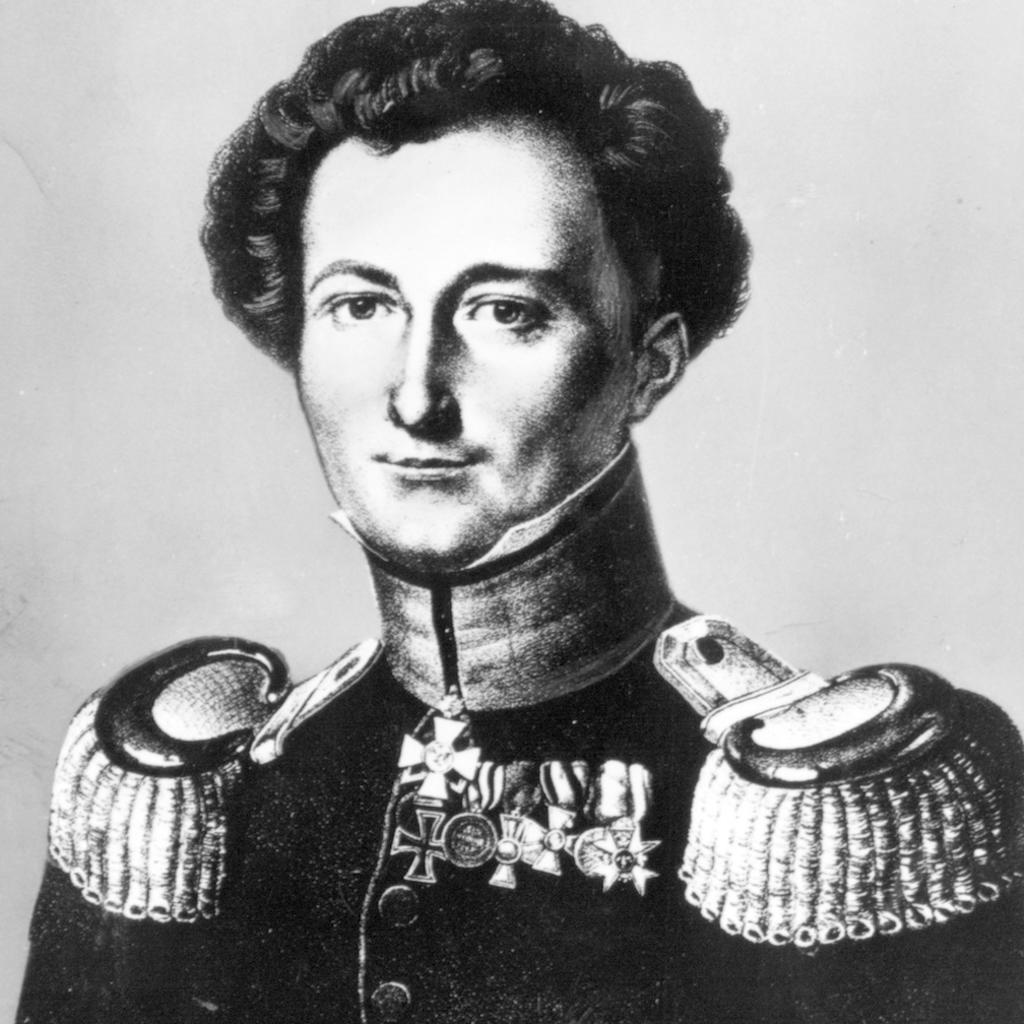According to the famed military strategist, Carl von Clausewitz, two conditions must be met if victory in war is to be achieved:
First, “The fighting forces must be destroyed”. That is, “they must be put in such a condition that they can no longer carry on the fight”.
And second, “The country must be occupied, otherwise the enemy could raise fresh forces”.
If either of these conditions goes unmet, victory, in the fullest sense, isn’t won. Perhaps, at best, a durable armistice can be agreed to, on which neither side is ever tempted to renege. Less desirable (because briefer and more tenuous) might be a ceasefire, during which “peace talks” can be held and international bodies convened, all with the goal of bringing to a permanent end the violence.
At the conclusion of World War I, it could be argued that only the first condition was met.
By the early autumn of 1918, the German war machine was, if not utterly destroyed, incapacitated to such an extent that it could no longer sustain the fight. Netflix’s 2022 adaptation of Erich Remarque’s classic book, All Quiet On The Western Front, depicts precisely this moment. Despite the German high command’s intransigence, it was forced, in the end, and at the expense of many lives, to accept a sobering fact: it could no longer carry on the fight.
Not a week ago, on the eleventh day of the eleventh month, we celebrated the historic day on which it decided to throw down its arms and treat for peace.
The Allies celebrated this as a great victory. In an outpouring of happiness and relief, Americans and Frenchmen and Britons flooded the streets of their major cities to give thanks and rejoice. Banners were waved and strangers were kissed. By many, it was thought to be a definitive coda to the “war to end all wars”.
And yet, according to Clausewitz, it wasn’t quite that.
Not fully.
The Allies, he might’ve pointed out, failed to occupy Germany. Yes, the indemnities with which it was burdened were heavy, and the language in which they were delivered, deeply insulting to a proud Teutonic race (of which Clausewitz, a Prussian, was himself a member), but the heart of their fatherland was left unoccupied. Of its fledgling African colonies, the German empire was unceremoniously stripped, while, in Europe, a sizable thirteen percent of its territory was retroceded to its neighbors, but Germany itself, the hearth and home, was left mostly untouched.
Failure to meet both of Clausewitz’s conditions led to what modern pundits might call a “cycle of violence”; two decades later, World War II began, the single deadliest episode in all of human history.
Do you recall, dear reader, how that war ended? Not only was the Wehrmacht destroyed on multiple fronts, but Germany was, in the post-war era, split and occupied (the Allies took control of the western, and the Soviet Union the eastern part of the country). In the Pacific theater, Korea–precariously divided at the thirty-eighth parallel–was handled in a similar manner, while Japan fell under the domain of America and her allies.
Contrary to the end to World War I, the ending to World War II was incontrovertible. To all sides involved, these were, without a doubt, decisive victories. They were decisive because Clausewitz’s two conditions were met: occupation followed destruction, and there was peace. Till this day, Germany remains an open and a liberal society, while Japan is one of America’s most steadfast allies.
But that’s not all:
Appended to Clausewitz’s two conditions is the following note, of which the current situation between Israel and Gaza reminds me:
“Yet”, he says, “both these things (the aforementioned two conditions) may be done and the war cannot be considered to have ended so long as the enemy’s will has not been broken”. In other words, he continues, “so long as the enemy government and its allies have not been driven to ask for peace, or the population made to submit”.
This third element, that of the will–not only of the hostile government to fight, but of the civilian population to resist an opponent–is one that’s far more difficult to measure. Evidence of an enemy’s ruin can be brought to light without straining oneself too much. Torpedoes, airplanes, tanks, and bullets are all quantifiable. Their depletion is hard to conceal and you can count how many battalions stand before you and how many missiles stand at the ready in their silos.
The occupation of a state is no less easily ascertained. A state either is or isn’t occupied, and that is an observable matter of fact.
But what is, and forever shall be difficult to gauge is the will of a hostile government and its people.
As it pertains to the Israel-Gaza conflict, this is an intractable problem.
From the standpoint of Israel, the enemy government is Hamas (an acronym that translates to mean “Islamic Resistance Movement”; that should give you a clue about their underlying motivation). The founding charter of Hamas, spelled out and formally issued in 1988, explicitly calls for the destruction of Israel and, by extension, all Levantine Jewry:
“Israel will exist and will continue to exist until Islam will obliterate it, just as it obliterated others before it”.
“Peaceful solutions are in contradiction to the principles of the Islamic Resistance Movement”.
“Our struggle against the Jews is very great and very serious…the Movement is but one squadron that should be supported by more and more squadrons from this vast Arab and Islamic world, until the enemy is vanquished and Allah’s victory is realized”.
Unless I misunderstand the language used in its charter, Hamas doesn’t appear to be the kind of enemy who’s likely to be “driven to ask for peace”. Nor, for that matter, do its allies and benefactors, among whom such malign actors as Lebanon’s Hezbollah, the Iranian Revolutionary Guard, Al-Qaeda, and the Houthi Rebels of Yemen can be numbered.
How, then, can an Israeli victory be achieved if its foe repudiates the very concept of peace?
With that, we turn to the second part of Clausewitz’s quote, in which he addresses the problem of an obstinate civilian population.
What if, at the dutiful behest of their government, the people of Gaza refuse to submit? What if they refuse because of their avid support for the cause? The culture of “Jihad” in which Palestinians are brought up is, to borrow a term used by neuroscientist Sam Harris, a veritable “death cult”. The families of “martyrs” (read, “terrorists”) are rewarded by the state with generous annuities. To their hallowed memory, public roads, schools, and parks are dedicated. Mothers cry tears not of sadness, but of rapturous joy at the prospect of their sons’ moving on to the afterlife, if their exit from this world was brought upon them while slaughtering Jews.
From a young age, Palestinian children are taught to believe that their Jewish neighbors aren’t fellow beings with whom they must learn to coexist, but subhuman vermin to be stamped out in as merciless a fashion as possible. Until the area is completely judenrein, all efforts toward extermination should not cease.
Overseeing this indoctrination is none other than the UN Relief and Works Agency (UNRWA), to which the United States, along with a score of other advanced nations, funnels millions of dollars each year. You’ll probably be shocked to learn that the UNRWA’s curriculum is, to put it mildly, less than edifying.
According to a 2023 audit of the agency, UNRWA schools “regularly call for the murder of Jews and create teaching materials that glorify terrorism, encourage martyrdom, and demonize Israelis”. In the immediate aftermath of the October 7th attack, UNRWA educators were found to be celebrating the death of Jews on social media. They did this openly, without a tinge of embarrassment, and totally unfearful of repercussions.
(I suspect that quite a few of their best pupils–minted alumni of the UNRWA education system–were among the Hamas murderers).
And that’s the formal education!
Informally, Palestinian children absorb their lessons through grotesque television shows and stage performances that endorse the annihilation of Jews.
Sensing an opportunity to capitalize on the mayhem, an untold number of Gazan “noncombatants” rushed into Israel to pillage, rape, and loot. They did so at the heels of the Jihadis. They helped themselves to television sets, appliances, and cookery that were conveniently “left unattended” by their Jewish owners, who were in the process of being decapitated or burned alive. When Hamas terrorists returned to Gaza bearing a mutilated Jewish woman’s corpse, not a single civilian cringed at the sight. Not a single one retched in the corner. Not a single one attempted to intervene.
They were, on the contrary, gleeful. Like children on Christmas morning, they were positively giddy. They proceeded to jump and bray, to hit and spit on her, and to look with lascivious eyes upon the prospect of a little necrophilic fun that evening.
To quantify the bent of these people, Birzeit University’s Arab World for Research and Development conducted an opinion poll. When Palestinians were asked if they supported the massacres of October 7th, a whopping 84 percent responded in the affirmative. When asked if they supported Hamas, 76 percent replied that they did. Disturbingly, a full 98 percent replied that they felt more pride in being Palestinian after the attacks.
That’s right: a nearly unanimous sentiment held by Palestinians is that the massacre of 1200 innocent Jews and the hostage-taking of 200 more are sources of pride.
This, to me, doesn’t appear to be a population whose will is close to breaking. As they say time and again, their “love of death” far exceeds their enemies’ “love of life”. They are willing to sacrifice themselves, their children, and generations unborn to extinguish the Jews.
For that reason, if Israel is to achieve a lasting victory in this war, all of Clausewitz’s conditions must be met: Hamas’ forces must be destroyed. They must be incapable of carrying on the fight; the Gaza Strip must be occupied. It must return to the status quo ante 2005; and the population’s will must be broken. It must be made to submit. This was the situation in Germany and Japan in 1945. The citizenry of neither state could be persuaded by logical argument. They had to feel the sting of total defeat. They had to be disabused of their murderous ideology by an overwhelming display of power.
Only then was peace possible–a peace that persists till this day.

